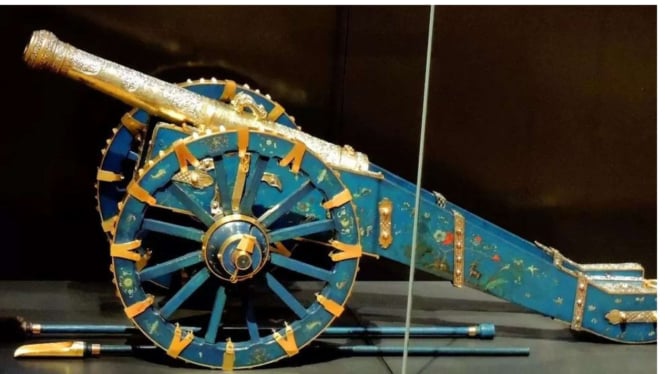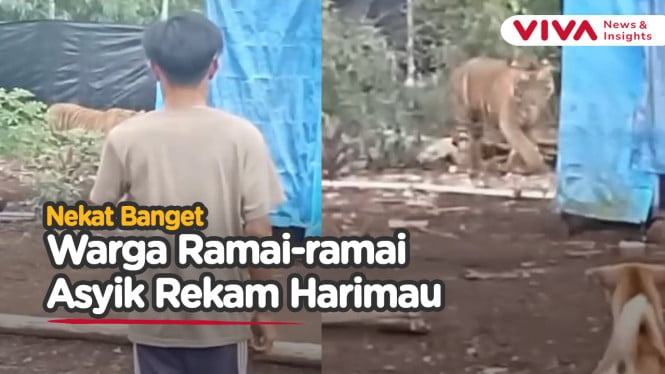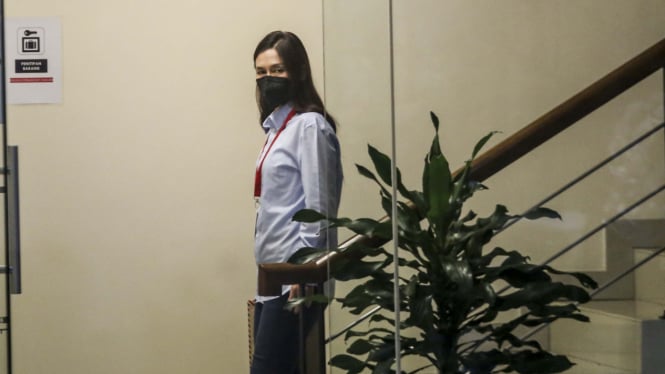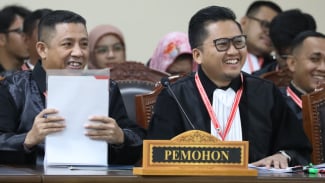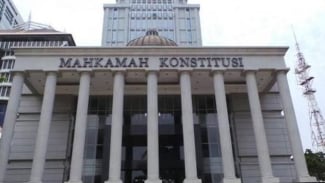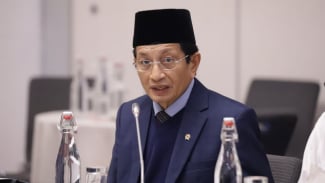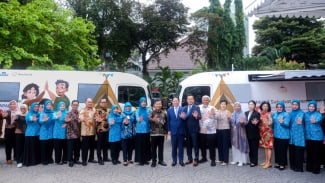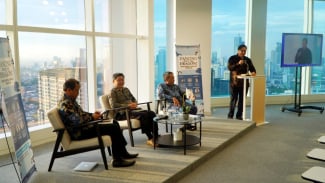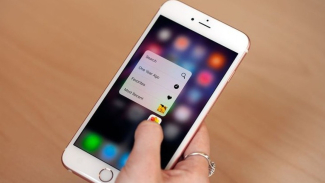Netherlands Also Returns Stolen Treasures to Sri Lanka
- BBC.uk.co
Sri Lanka – Not only Indonesia, Netherlands is returning hundreds stolen objects during colonial times to Sri Lanka.
Following multiple claims from Indonesia, Sri Lanka and Nigeria, the Dutch Secretary of State for Culture and Media Gunay Uslu announced the decision Thursday to repatriate objects including the “Lombok treasure,” consisting of 335 objects from Lombok, Indonesia, the Pita Maha collection, a key collection of modern art from Bali and the 18th-century Cannon of Kandy, a ceremonial weapon from Sri Lanka made of bronze, silver and gold and inlaid with rubies.
“This is a historic moment. It’s the first time we’re following recommendations to give back objects that should never have been brought to the Netherlands. But more than anything, it’s a moment to look to the future," Uslu said.
"We’re not only returning objects; we’re also embarking on a period of closer cooperation with Indonesia and Sri Lanka in areas like collection research, presentation and exchanges between museums,"
In 2020, a Dutch Council for Culture report produced by a committee chaired by human rights lawyer Lilian Gonçalves-Ho Kang You recommended that the country should “unconditionally” return objects it was reasonably sure were lost involuntarily by countries under its colonial authority.
Meriam Perunggu milik Sri Lanka yang akan dikembalikan Belanda
- BBC.uk.co
Many of the objects to be returned are in the National Museum of World Cultures. Six other colonial artifacts claimed by Sri Lanka are currently in the collection of the Rijksmuseum, the Netherlands’ national museum of arts and history; this is the first repatriation of such artifacts from the museum following provenance research that began in 2017.
The Cannon of Kandy, for instance, was looted by troops from the Dutch East India Company during the 1765 siege and plunder of Kandy, and it was later gifted to William V, Prince of Orange.
Valika Smeulders, head of the Rijksmuseum’s department of history, told The Art Newspaper there has been a clear shift in perspective.
“I think the way that the museum world used to look at this debate in the 20th century was very much about the concern to preserve objects for generations to come, and obviously museums in Europe have the facilities to do that,” she said.
“But what changed is our viewpoint: these objects are to tell the stories of our countries, of our shared history of peoples. So what we see now as our mission is to have the objects in the places where they are best able to tell the stories that are important,"
She dismissed concerns that the new policy would mean European museums losing collection highlights, which until recently played a role in considering restitution claims on Nazi-looted art in the Netherlands.
“I don’t really think that is going to happen, because I expect countries of provenance and museums here in Europe will have a discussion about which objects will go back, and not all of them will be,” Smeulders said.
“But what we will gain, all of us, is more knowledge about these objects, how they came into our possession, their background, what stories are we able to tell. So in the end we’ll have an enrichment of what we do instead of empty galleries.”
The collection of objects repatriated to Indonesia will not include human remains of the “Java man,” which are displayed at the Naturalis Biodiversity Center in Leiden as some of the earliest specimens of the extinct early human, Homo erectus.
A spokesperson for the Dutch government said that no decision regarding the “Java man” remains had been reached.
“Nothing has been declined, but some things take longer than others,” the spokesperson said.
Gert-Jan van den Bergh, a specialist in art law at the law firm Bergh Stoop & Sanders, told The Art Newspaper that the repatriation effort was “an important first step, but just a first step.”
“Don’t forget, we have 300,000 colonial objects that are the property of the central state in the Netherlands alone,” Van den Bergh said, adding that there should be more scrutiny of privately-owned colonial objects as well, including at major auction houses.
A ceremonial handover of objects to the National Museum of Indonesia in Jakarta will take place at the Museum Volkenkunde Leiden on July 10.
